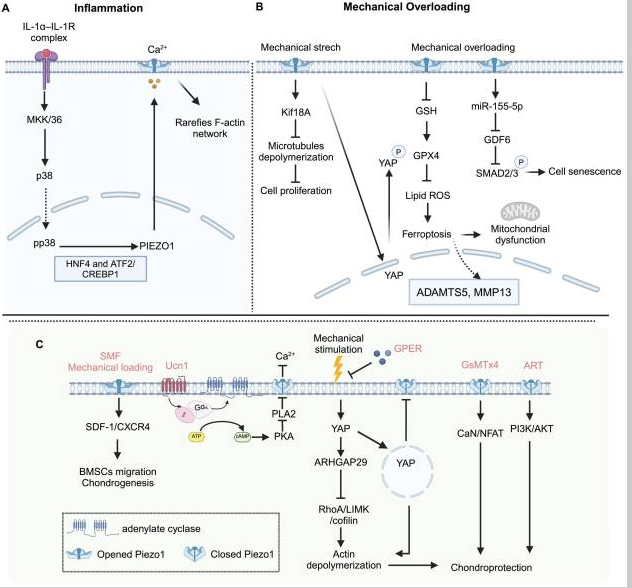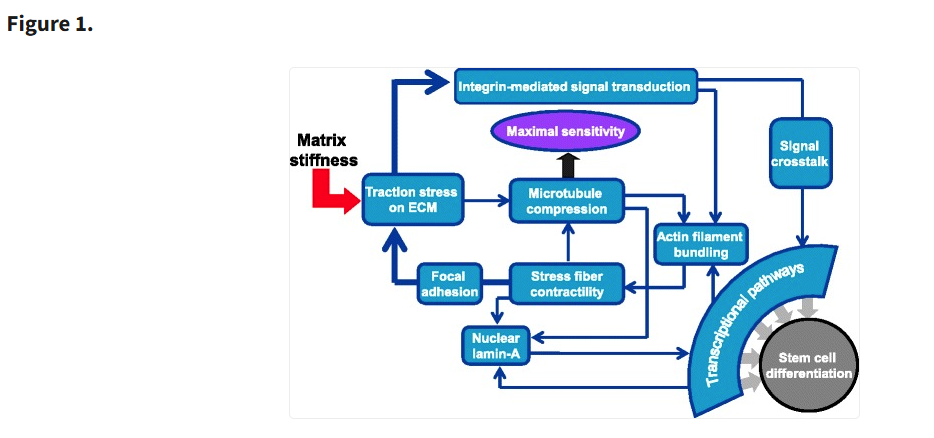The Biotechnology Department at Alamance Community College (ACC) shows no signs of slowing down its historic push to provide students with the latest cutting-edge training in new technologies that have long paved the way for career opportunities in the biomanufacturing industry.
The latest state-of-the-art technology comes courtesy of Flexcell® International, a niche biotechnology company located in Burlington, NC that distributes an enabling technology--mechanobiology devices--to the field. Accordingly, Flexcell® has donated their dynamic bioreactor system and specialized culture plates called the Flexcell® FX-6000™ Tissue Train® System that give students yet another entryway into the latest niche in life science careers.
“Having Flexcell® as one of the premiere tissue engineering facilities in the world right down the road [from ACC] provides an added component to the training here for biotechnology students,” said Dr. Al Banes, Flexcell® founder and president. “These students get a shot at tissue building by training as technicians to work in twenty-first century labs, where building tissues to create bladders and other organs is already happening.”
Recently, Dr. Banes and Flexcell® senior research and development engineer, Aisley Amegashie, spent an afternoon in the ACC Biotechnology department training faculty on the sophisticated equipment.

Flexcell®’s Tissue Train® System equipment provides a way for biotech students to simulate growing human tissue from a surgical specimen in 3D culture, without the need to invade the actual human body, explained Amegashie.
“Using this equipment, cells behave just as they would inside a human body,” he said, adding that the Tissue Train® System duplicates what is known as “dynamic culture” effects on tissue and muscles. It is like the ultimate aerobics: exercising the growing tissues in culture.
As an example of how pervasive this technology is becoming for commercial purposes, Dr. Banes referenced a North Carolina cosmetic company that currently creates its own dermis—the thick layer of living tissue that forms the true skin that contains blood capillaries, sweat glands, and hair follicles--in order to test for skin allergies.
Michelle Sabaoun, Department Head of ACC’s Biotechnology department—who took part in the training—says she is grateful for the donation of the equipment.

“Our students will have hands-on experience with 3D tissue culture for the first time,” she said. “This will take them a step beyond what we currently do in cell culture, which is 2D monolayer culture. Training with this new equipment is the precursor to building skin grafts and 3-dimensional tissues.”
ACC’s Biotechnology program, which began in 1985, is the oldest two-year program of its kind in the United States. Following in the footsteps of longtime instructor and department head Bill Woodruff, Michelle Sabaoun has served as department head since 2016.
Sabaoun has continued the proud tradition of excellence the program has enjoyed—and consistent job placement for its graduates—by incorporating new technologies for student instruction.
“We are truly grateful for these types of life science-business partnerships that helps us to facilitate the work ACC does in providing our students with crucial hands-on experience, working alongside industry experts on state-of-the-art technology. You just can’t get any better laboratory bench-top experience than that, even at a top four-year school, said David Frazee, Dean of Health and Public Services,” said David Frazee, Dean of Health and Public Services.





